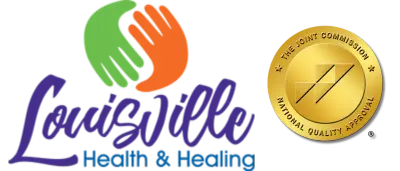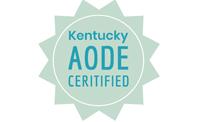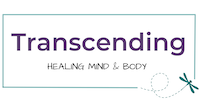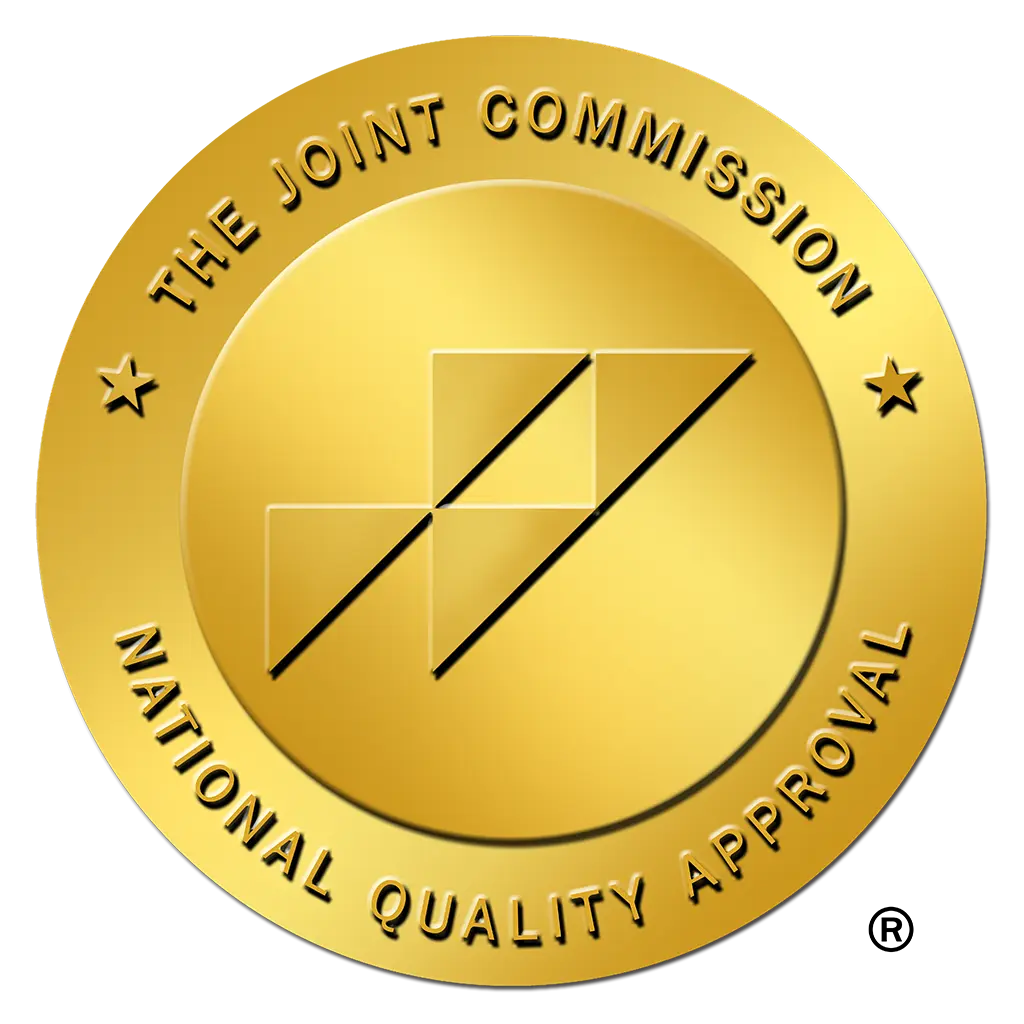What is Substance Use Disorder?
What is a substance use disorder?
According to National Institute of Drug Abuse, Substance Use Disorder is a “chronic relapsing brain disease characterized by inability to control use, inability to stop despite consequences and experience of cravings.” I think this is one of the easiest explanations of “addiction”. The word addiction has Latin meaning of enslaved. Having a substance use problem can feel like being enslaved to the substance. That is literally the epitome of loss of control. People (family members included), often struggle to identify what a personal drug or alcohol problem looks like. The terms “alcoholic” and “addiction” can have negative connotations and it is an “either you are or you’re not” one of these. We use certain criteria to determine if someone has a substance use disorder. Instead, Substance Use Disorder is on a continuum of mild, moderate and severe. Here are the criteria for Substance Use Disorder:
- Hazardous use: You have used the substance in ways that are dangerous to yourself and/or others, i.e., overdosed, driven while under the influence, or blacked out.
- Social or interpersonal problems related to use: Substance use has caused relationship problems or conflicts with others.
- Neglected major roles to use: You have failed to meet your responsibilities at work, school, or home because of substance use.
- Withdrawal: When you stop using the substance, you experience withdrawal symptoms.
- Tolerance: You have built up a tolerance to the substance so that you have to use more to get the same effect.
- Used larger amounts/longer: You have started to use larger amounts or use the substance for longer amounts of time.
- Repeated attempts to control use or quit: You’ve tried to cut back or quit entirely, but haven’t been successful.
- Much time spent using: You spend a lot of your time using the substance.
- Physical or psychological problems related to use: Your substance use has led to physical health problems, such as liver damage or lung cancer, or psychological issues, such as depression or anxiety.
- Activities given up to use: You have skipped activities or stopped doing activities you once enjoyed in order to use the substance.
- Craving: You have experienced cravings for the substance.
It can be scary to identify with these criteria. It may cause anger, confusion, and self-doubt. It may come as a relief to finally have information that may resonate with you. Whatever you feel is appropriate! Getting information and an understanding of the problem is the beginning to addressing the problem. Treatment is available and there are many options. If you are concerned for yourself or loved, feel free to reach out and schedule an appointment.











Leave a Reply
Want to join the discussion?Feel free to contribute!